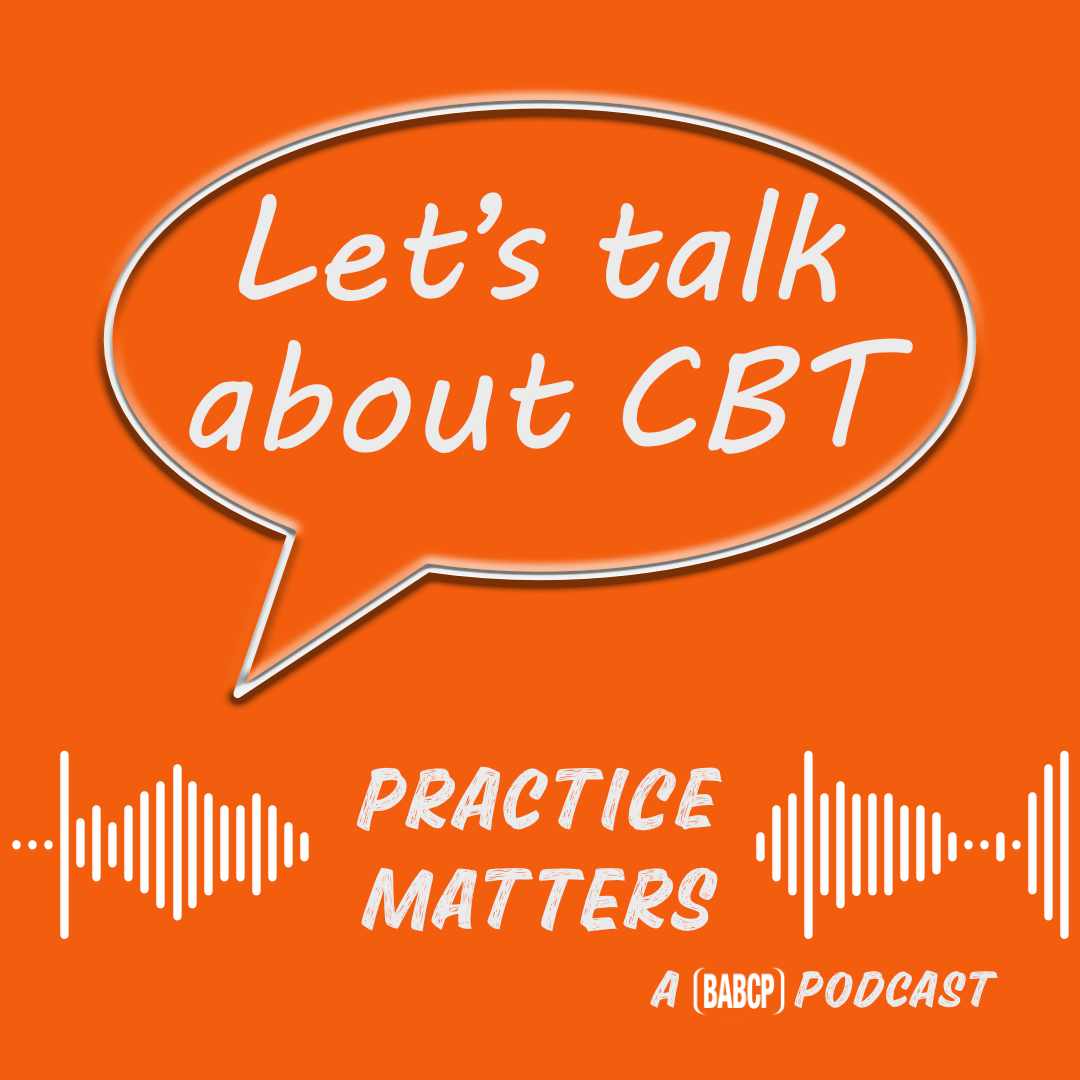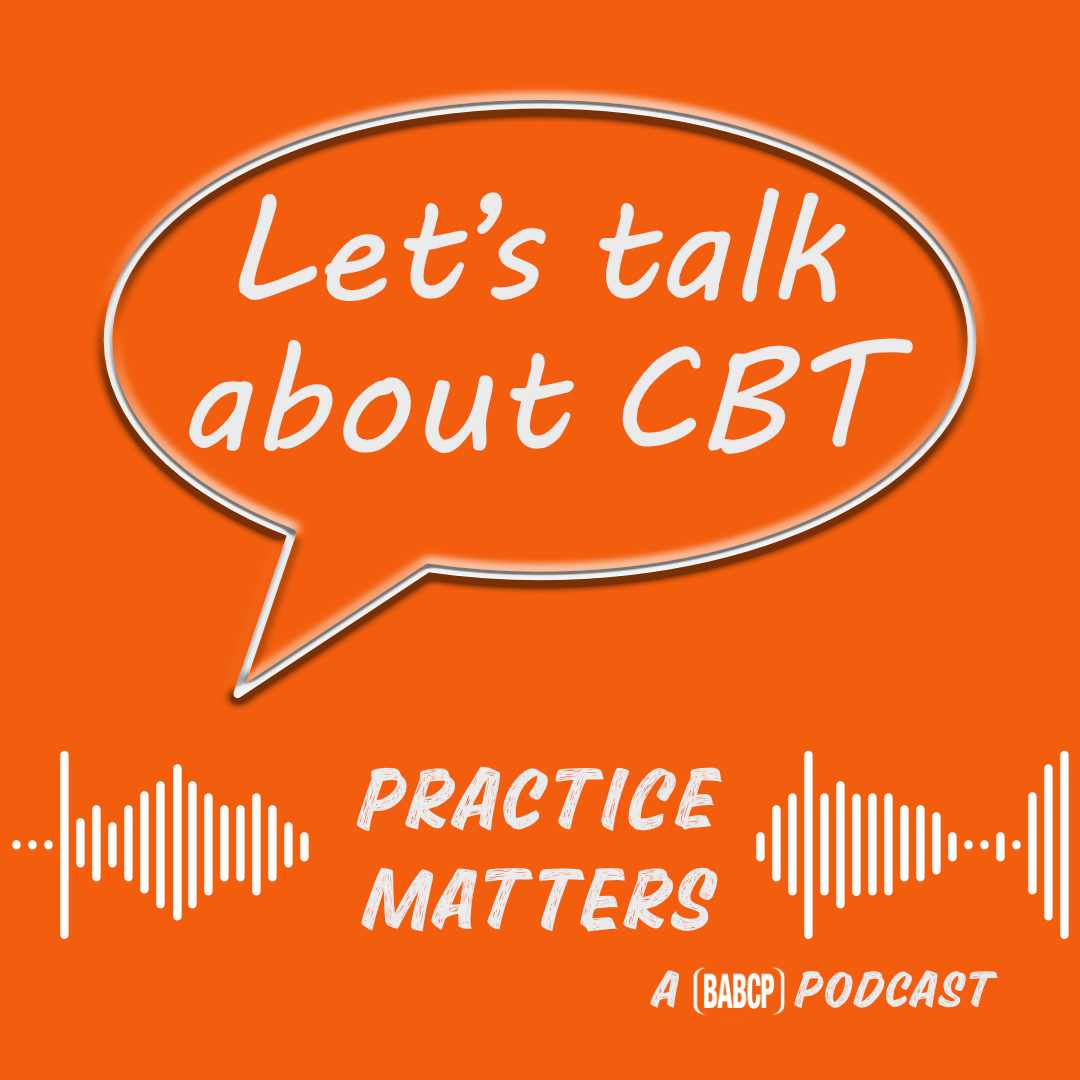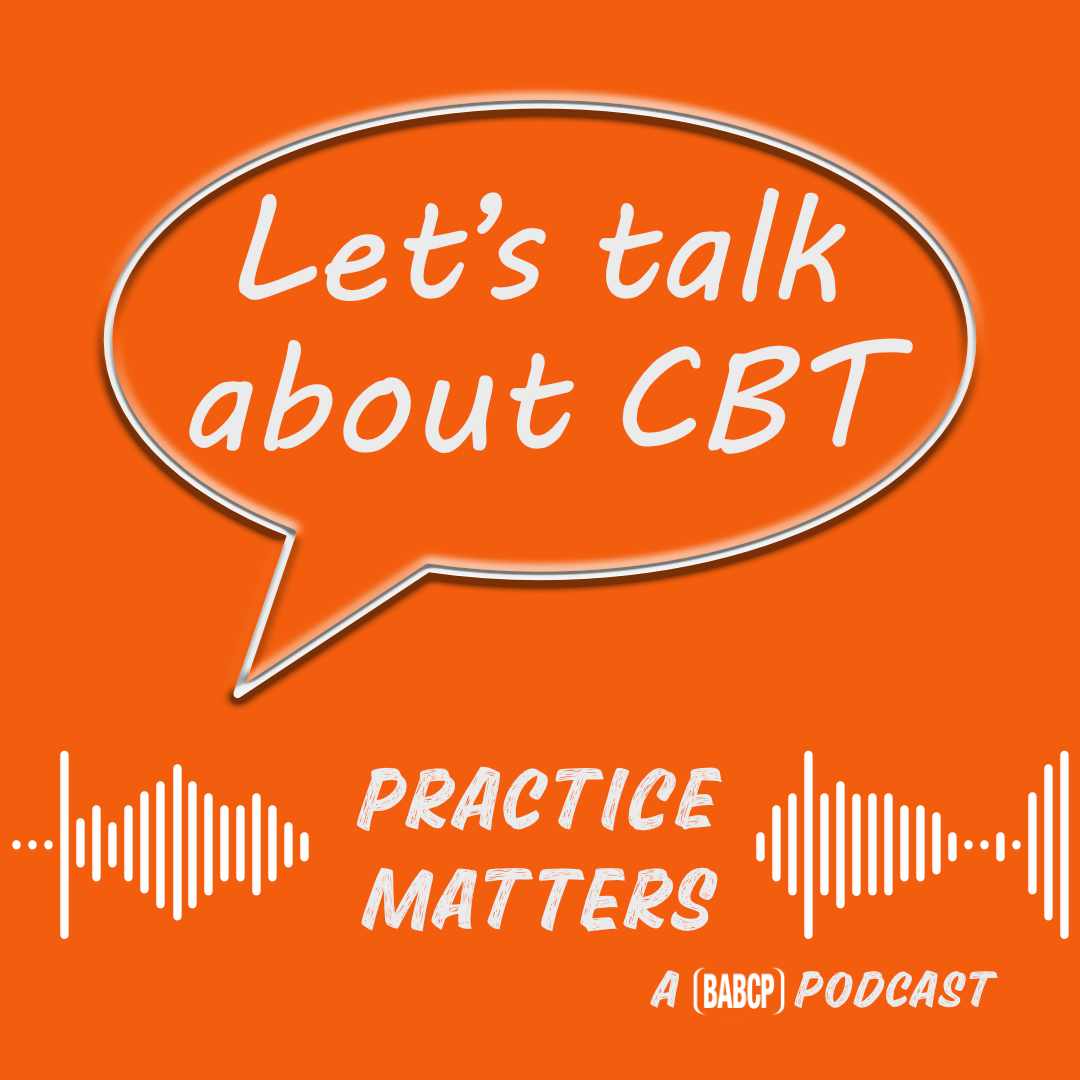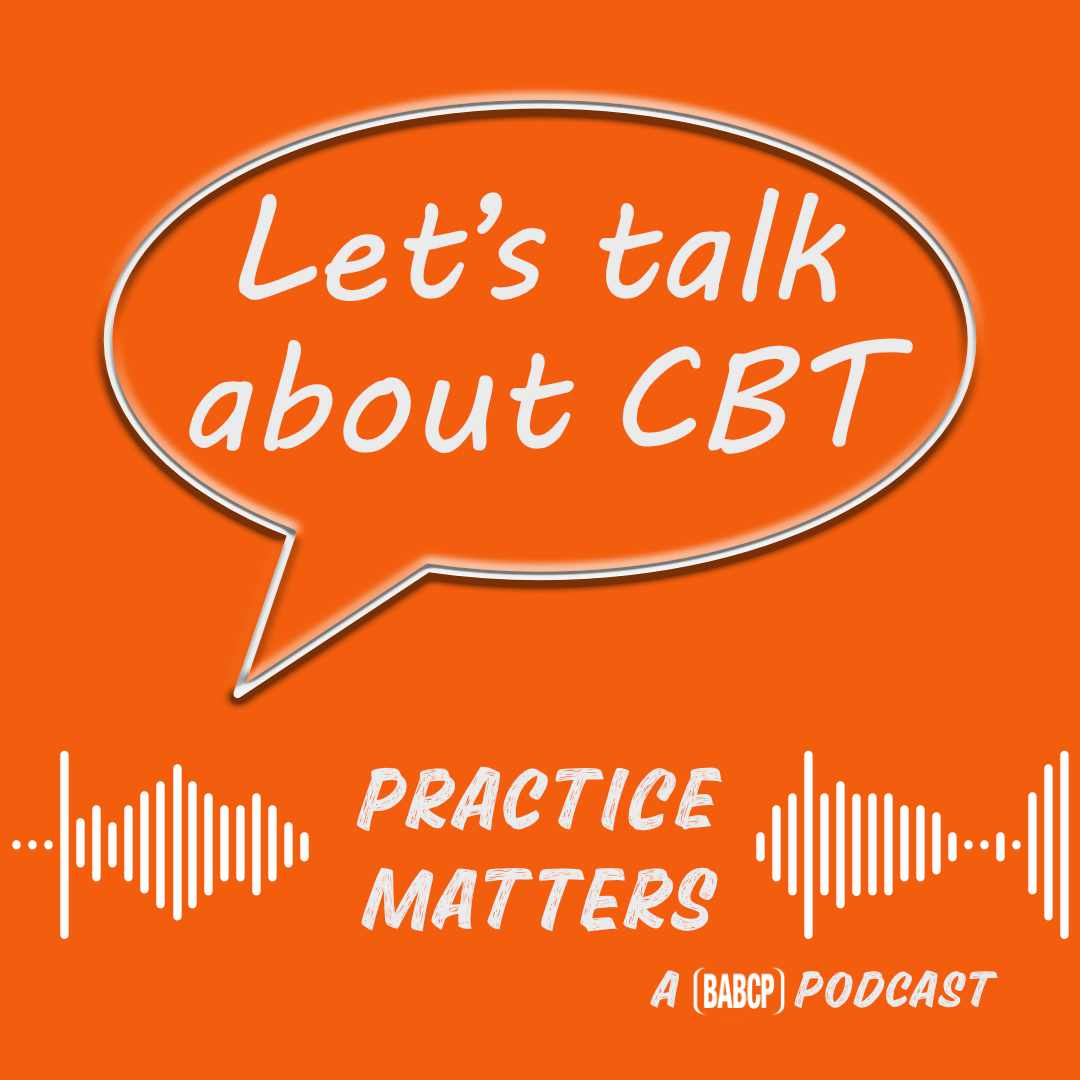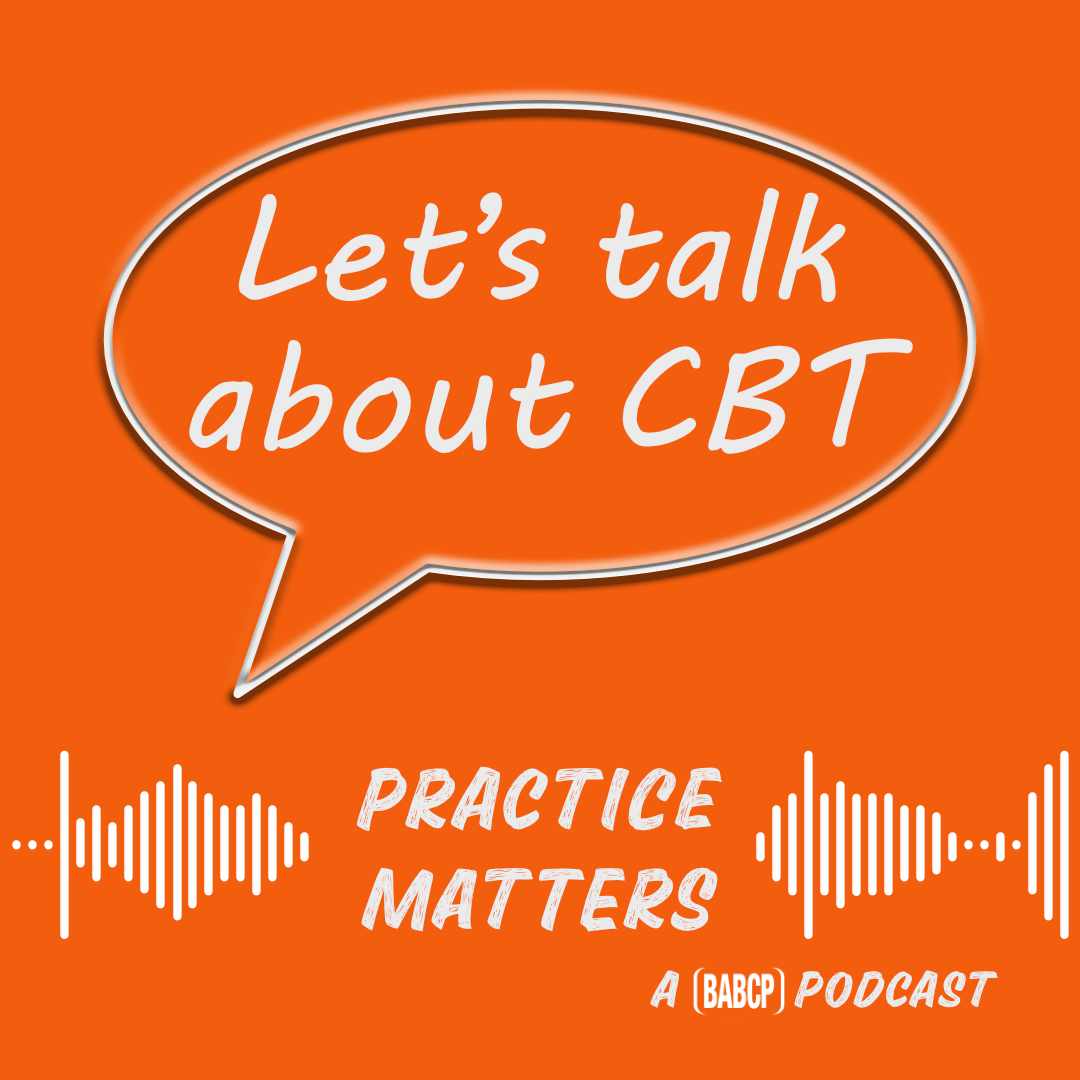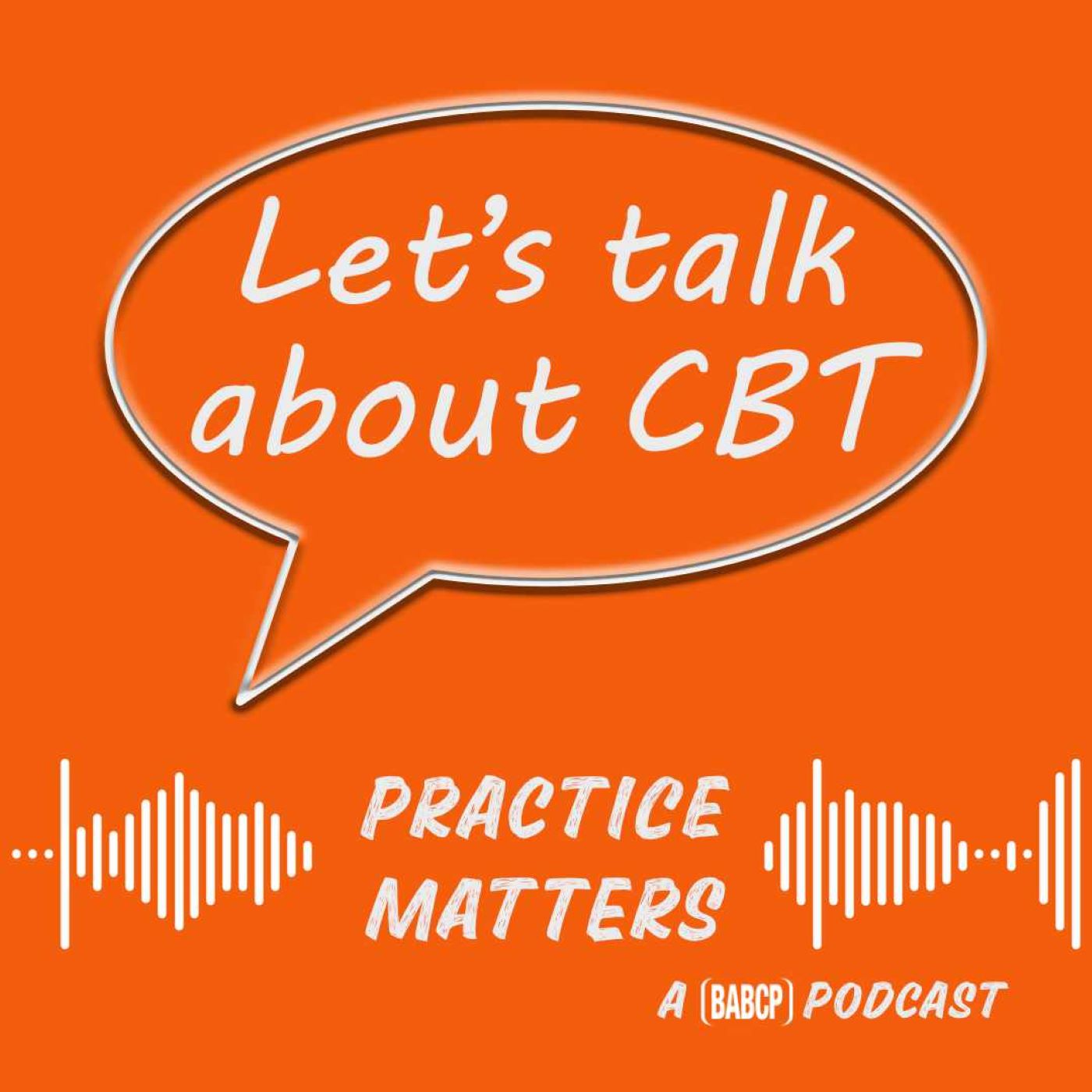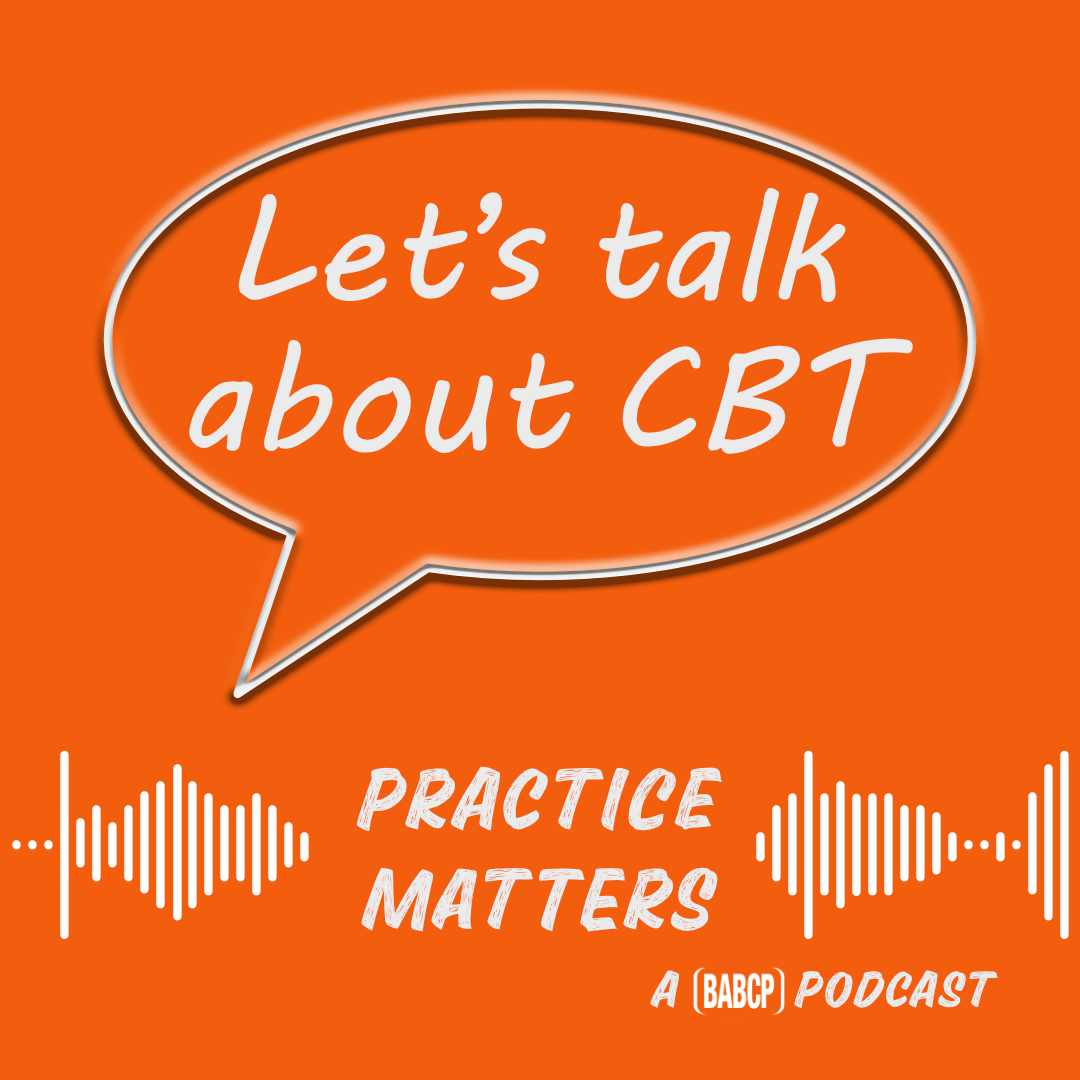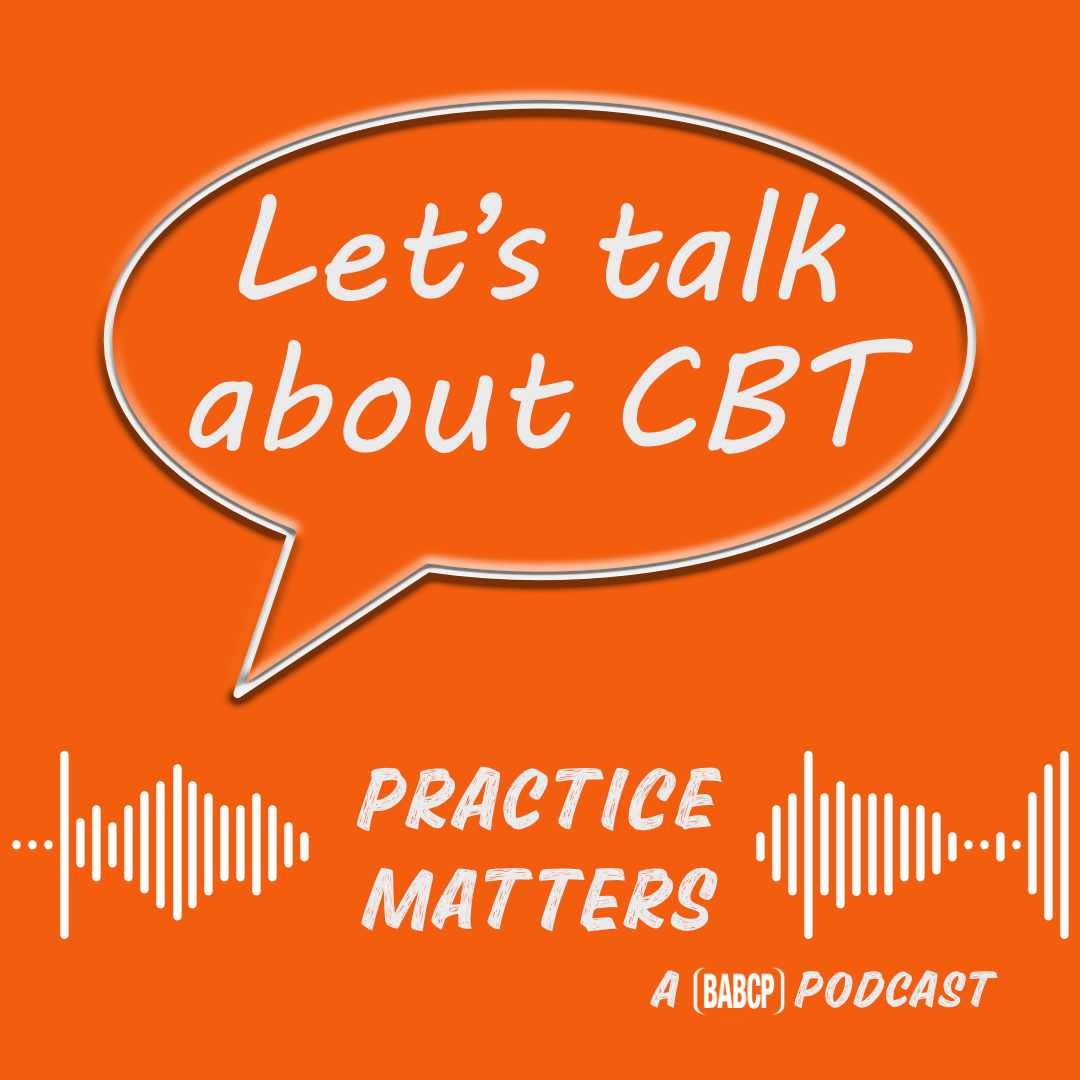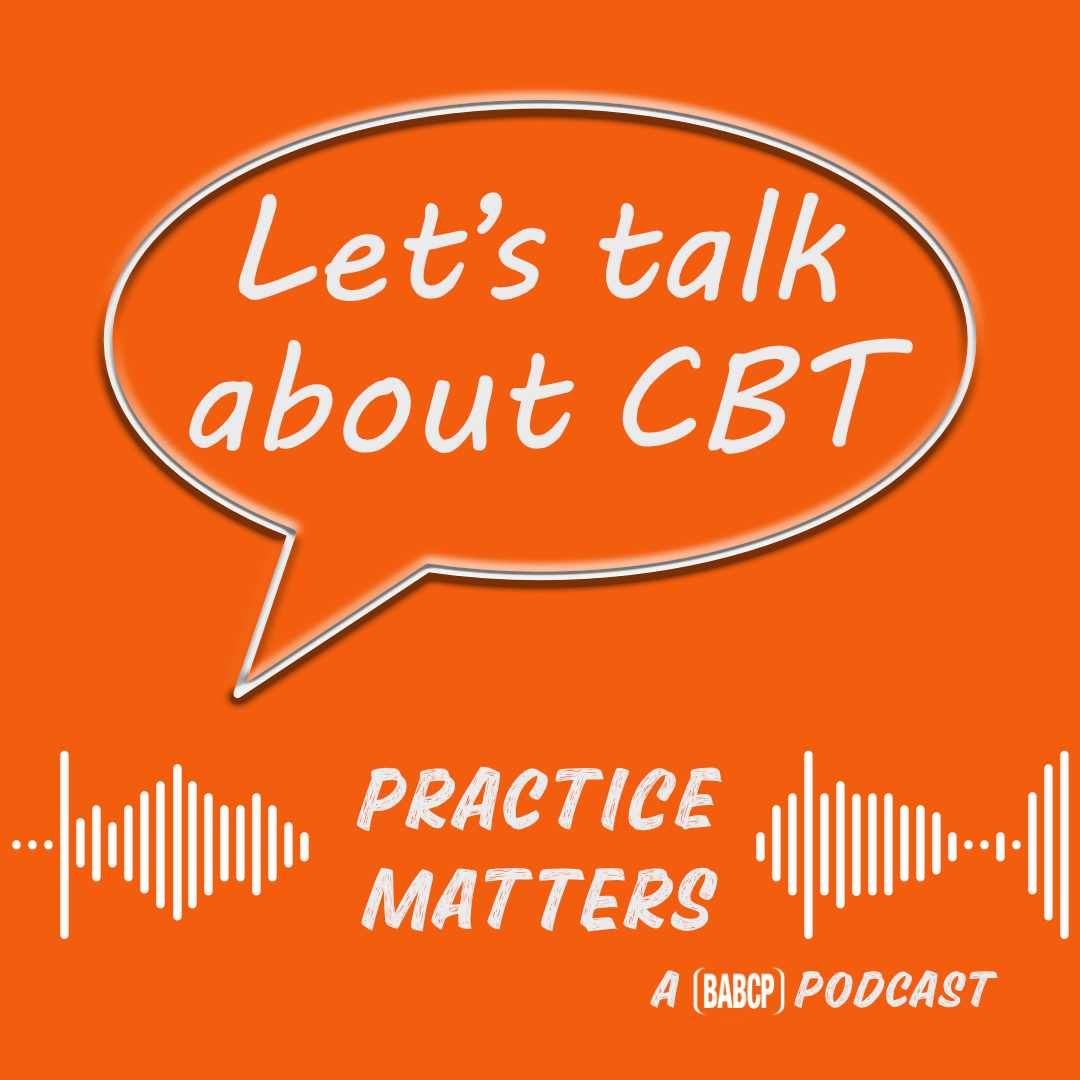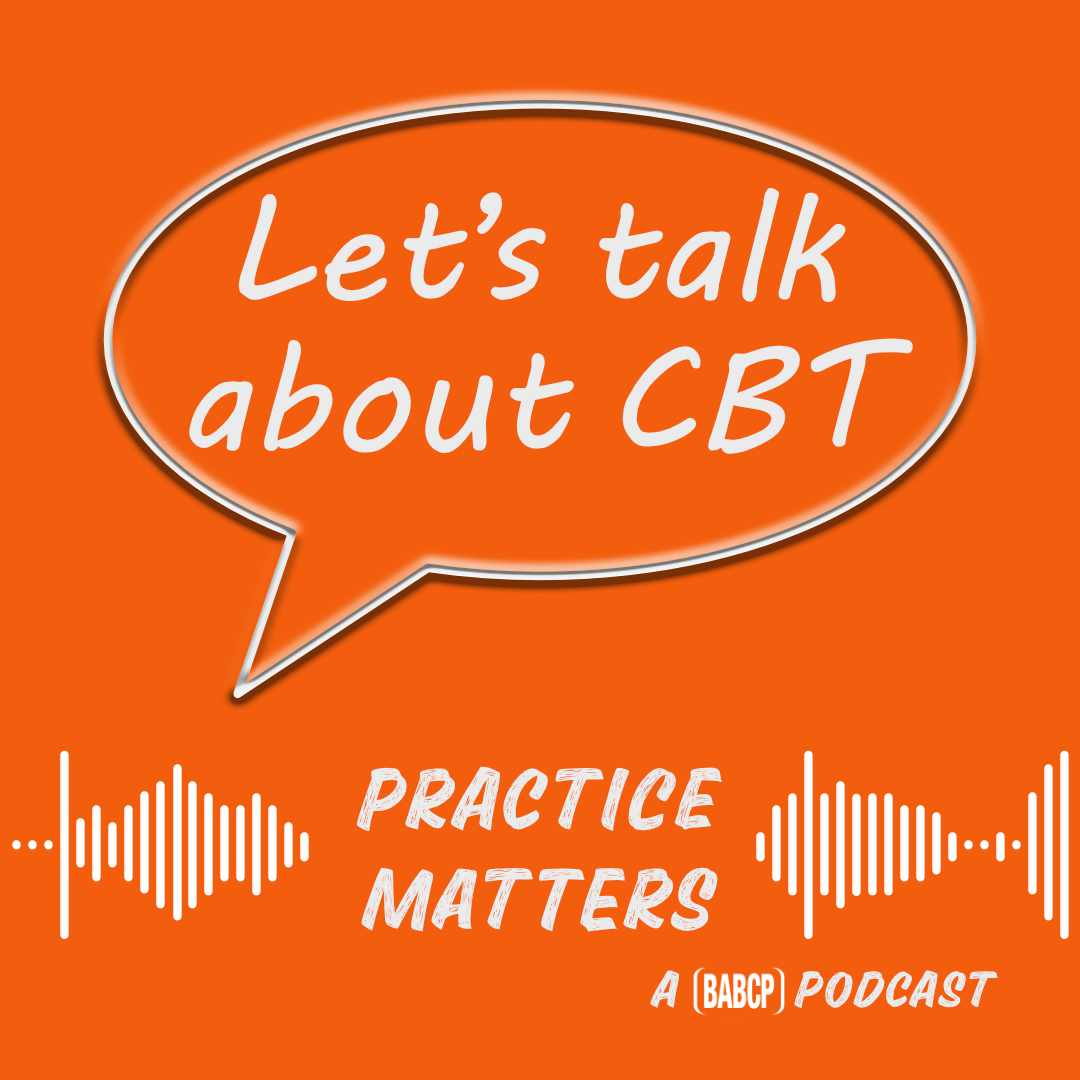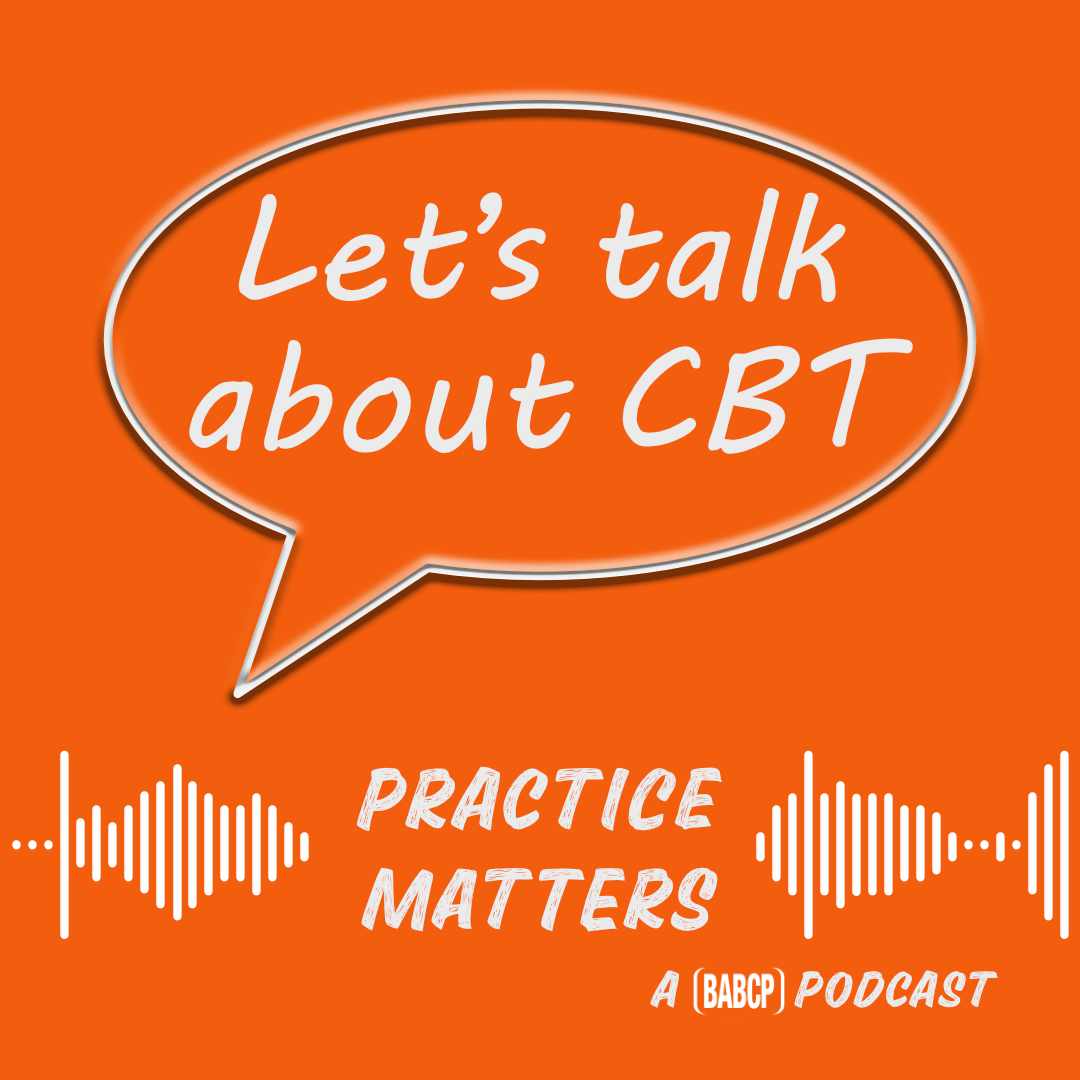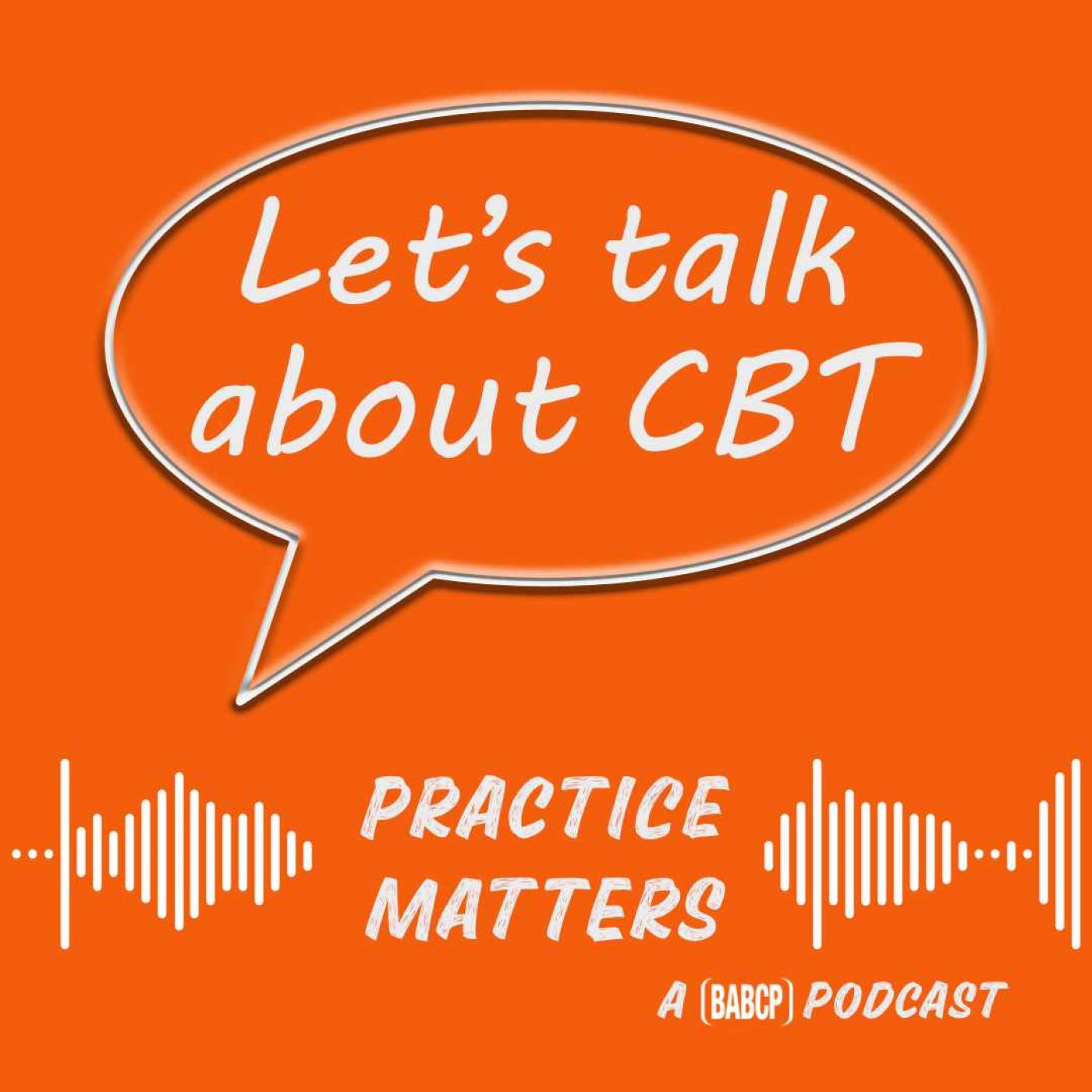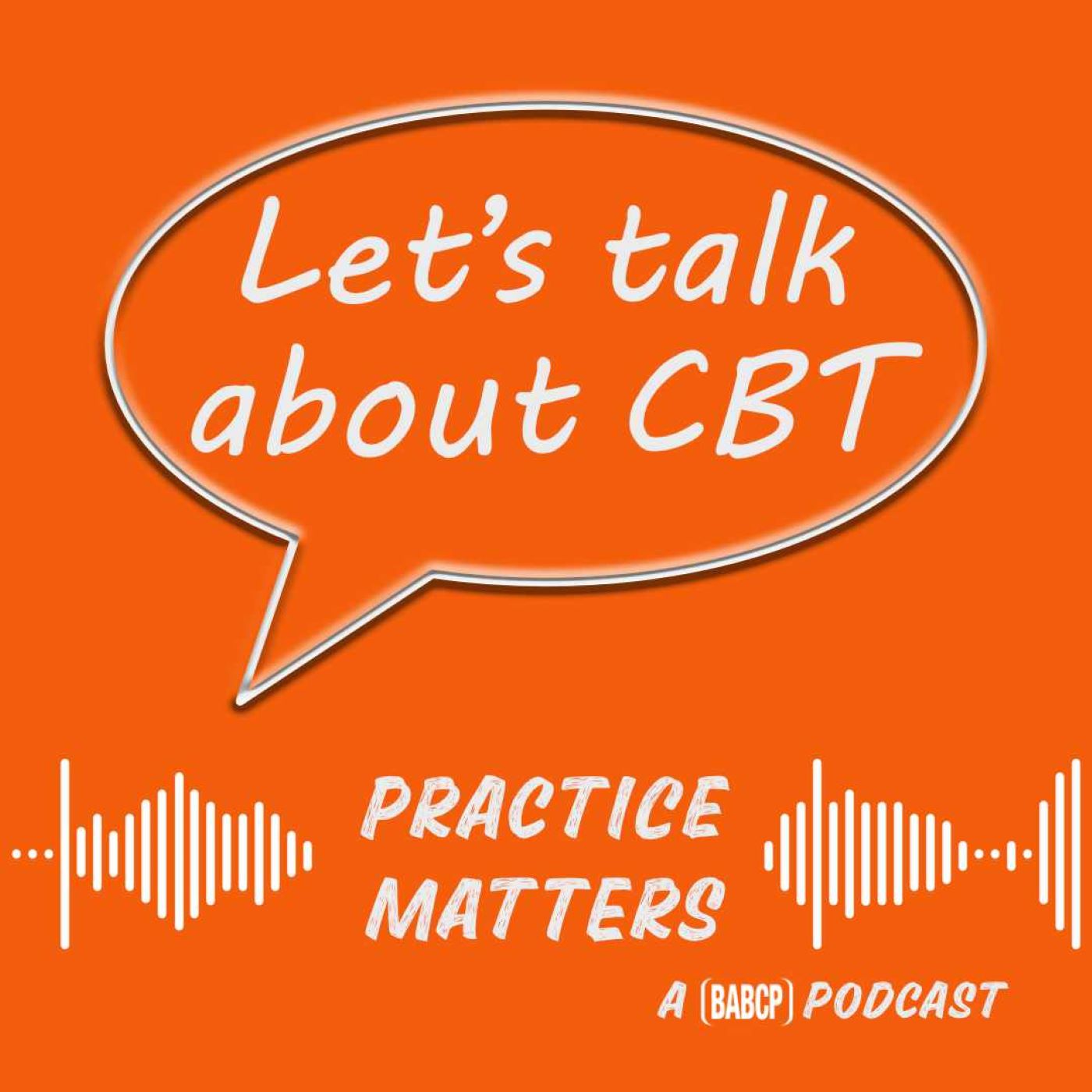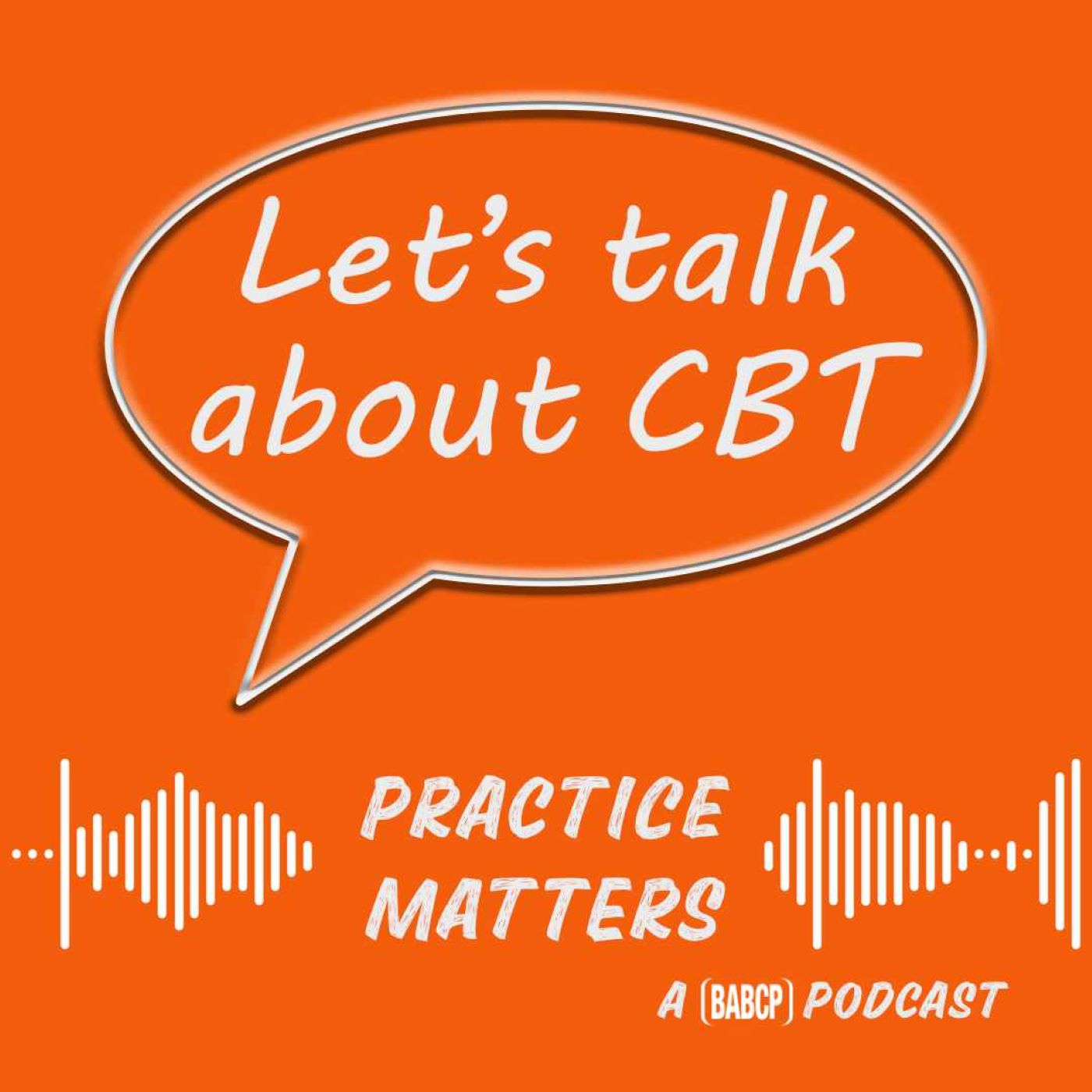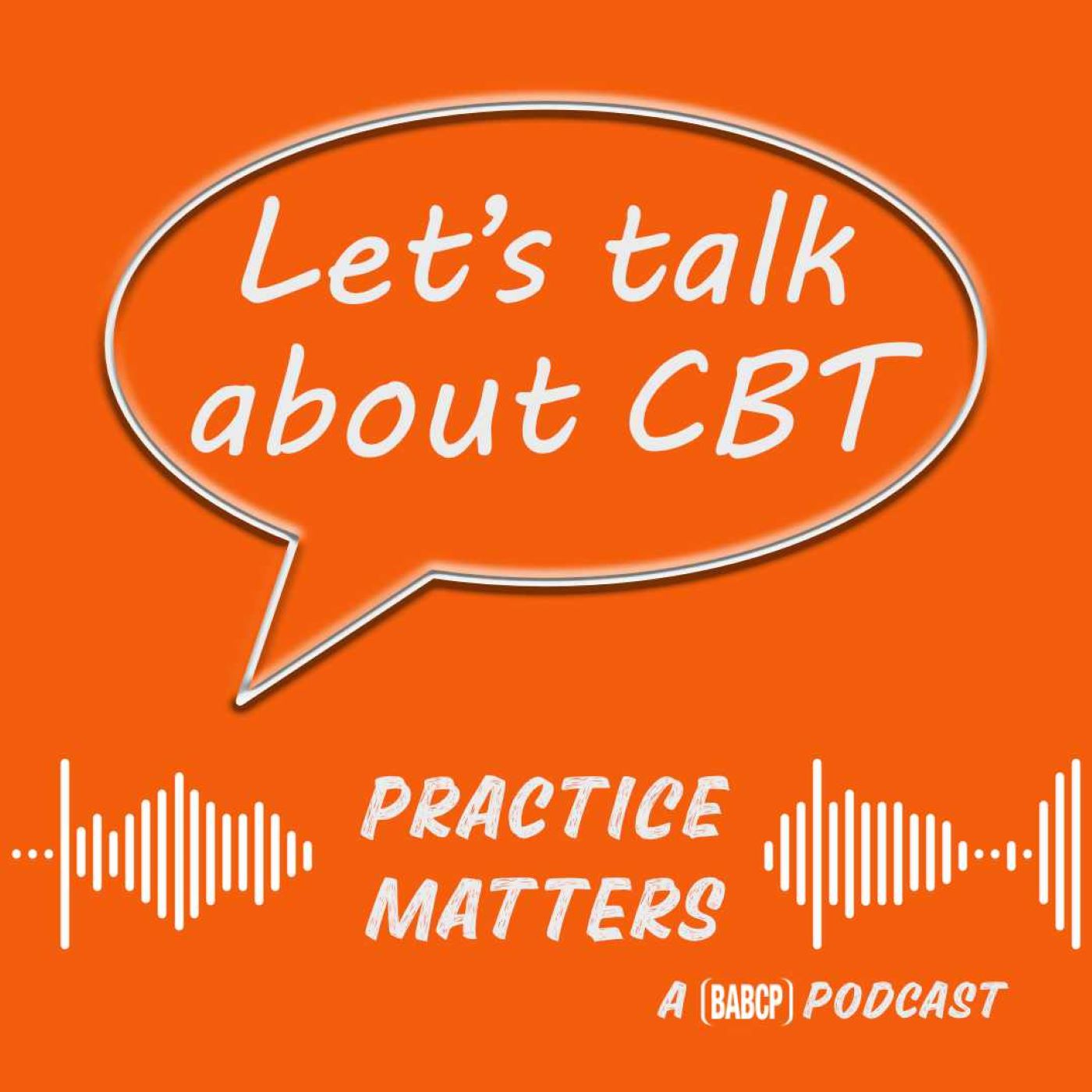“I'm unlikable, I'm weird, I'm different from other people…” Prof David Clark on social anxiety and some of the negative beliefs that patients may have about themselves
Description
In this conversation, Professor David Clark discusses his work using Cognitive Behaviour Therapy to treat Social Anxiety Disorder. He and Rachel talk about the Cognitive Behavioural model of Social Anxiety Disorder, considering the factors that contribute to maintaining this debilitating problem experienced by many people and the evidenced-based approaches to treating it. The conversation also delves into the economic impact of evidence-based psychological therapies and the importance of delivering high-quality, evidence-based care.
If you liked this episode and want to hear more, please do subscribe wherever you get your podcasts. You can follow us at @BABCPpodcasts on X, babcppodcasts on Instagram or email us at podcasts@babcp.com.
Useful links:
Papers:
David has published numerous papers in the field and a full list can be found here: https://bit.ly/3zjxcNy
The paper mentioned authored by Emma Warnock-Parkes is published in the Cognitive Behaviour Therapist and can be found here: https://bit.ly/3XzVsEq
Clark, D.M. (2018) Realising the mass public benefit of evidence-based psychological therapies: the IAPT program. https://pubmed.ncbi.nlm.nih.gov/29350997/
Clark et al (2023) More than doubling the clinical benefit of each hour of therapist time: a randomised controlled trial of internet cognitive therapy for social anxiety disorder. https://www.cambridge.org/core/journals/psychological-medicine/article/more-than-doubling-the-clinical-benefit-of-each-hour-of-therapist-time-a-randomised-controlled-trial-of-internet-cognitive-therapy-for-social-anxiety-disorder/ED618AA69204AABD5C5691ABC454F5BE
Ehlers et al (2023) Therapist-assisted online psychological therapies differing in trauma focus for post-traumatic stress disorder (STOP-PTSD): a UK-based, single-blind, randomised controlled trial. https://www.thelancet.com/journals/lanpsy/article/PIIS2215-0366(23)00181-5/fulltext
OXCADAT:
A wealth of useful videos and therapist resources for social anxiety, PTSD and panic disorder can be found here: https://oxcadatresources.com/
Credits:
Music is Autmn Coffee by Bosnow from Uppbeat
Music from #Uppbeat (free for Creators!): https://uppbeat.io/t/bosnow/autumn-coffee
License code: 3F32NRBYH67P5MIF
This podcast was edited and produced by Steph Curnow
Transcript:
Rachel: Welcome to Let's Talk About CBT Practice Matters, the BABCP podcast for therapists using Cognitive Behavioural Therapy with me, Rachel Handley. Each episode, we talk to an expert in CBT who share insights that will help you understand and apply CBT better to help your patients.
Today, we're talking about Social Anxiety Disorder, and we're really privileged to be joined by Professor David Clark, who's devoted his long and distinguished career to cognitive approaches to understanding and treating anxiety disorders, and also to disseminating these treatments so that help can be made available to as many people as possible.
In addition to his work in social anxiety, David's work has led to the development of effective NICE recommended cognitive therapy treatments for panic disorder and PTSD. David is well known for pioneering and tirelessly working to advise and steer the IAPT program in England, and he continues to work towards wider and wider dissemination of therapy through digitalisation and through his training, teaching, and political engagement worldwide.
Welcome to the podcast, David,
David: Oh, thank you for having me, Rachel. It's lovely to chat again as we've worked together so closely in the past. Lovely to see you.
Rachel: and there can be a few therapists working in the field of CBT and beyond who aren't aware of the enormous contribution you've made to social anxiety, but not everyone will know about your journey. So, it'd be great to hear about what got you interested in psychology, psychological disorders, and specifically social anxiety, both personally and professionally. And as a starting point, is it true that as a young man, your choice of study might've had rather more to do with the gender balance on the psychology program rather than the subject matter?
David: Well, that had an element to it. I think I've always been interested in mental health problems since I was a child, my mother was someone who people would come to when they were distressed, and she gave them obviously very supportive chats. But you often don't feel that just following your mother is the right way to go. And so I felt that maybe one could do better, and I was good at chemistry. So, I started really as an undergraduate as a chemist with the idea that we could develop some improved drug treatments for mental health. But I soon realised that drug treatments were quite limited and were likely to have pretty high relapse rates. I was also studying on a course where there were just four women in an intake of 200 first year students at Oxford, but I had bumped into a few members of the opposite gender at parties and one of them was wandering past chemistry one day and said, why don't you come down and have a cup of coffee in experimental psychology? where I found, it was a wonderful department, with lots of senior people just sitting down with the undergraduates talking through ideas over coffee, and of course, a much more even gender balance. So, I moved fairly quickly to the experimental psychology department.
Rachel: So there was a real motivation to help others right from the beginning, but maybe a small iota of self-interest there amongst that.
David: and an interest in social interactions of all sorts.
Rachel: And social anxiety then, what took you in that direction?
David: Well, the first sort of clinical problem we worked on is panic disorder, and that was at the time that we started working on it in the mid-1980s considered to be the most difficult to treat anxiety disorder. So, there's lots of research showing that those people with agoraphobia who also had panic attacks got least improvement from behaviour therapy. And similarly, those people with what we call generalized anxiety who had panic attacks also got least improvement. So it seemed a really good topic to work on. Of course, things worked out well for us in developing a cognitive model in the treatment. And I think nowadays people tend to think it's easiest to treat of all the anxiety disorders.
So in the sort of mid 90s, we started looking around for another problem and social anxiety is the most common anxiety disorder in the community. But what really fascinated us was that it is also the one with the lowest natural recovery rate. It starts in childhood for most people, and in the absence of treatment, it is often lifelong and it really interferes with your life. So it seems a really good challenge
Rachel: So an area where you could really make an impact in research and having had such success with the panic model and having such an elegant approach to that, that was really making a difference it felt like let's extend this, let's look where people are really suffering.
David: Yeah, and there was already a very respectable, psychological treatment. Group CBT was the dominant modality, the gold standard. But when you looked at the sort of outcomes in the best trials, it was rarely the case that you got more than 40 percent of people fully recovering from their social anxiety and that seems a real sadness for a condition that's so chronic and so common.
Rachel: And as you said, the largest, most widely prevalent problem in terms of anxiety disorders, but many of us can also identify with feelings of social awkwardness or shyness at some point in our life. But how does social anxiety develop then into a problem that impacts people more significantly as you've described? Who typically suffers from social anxi


